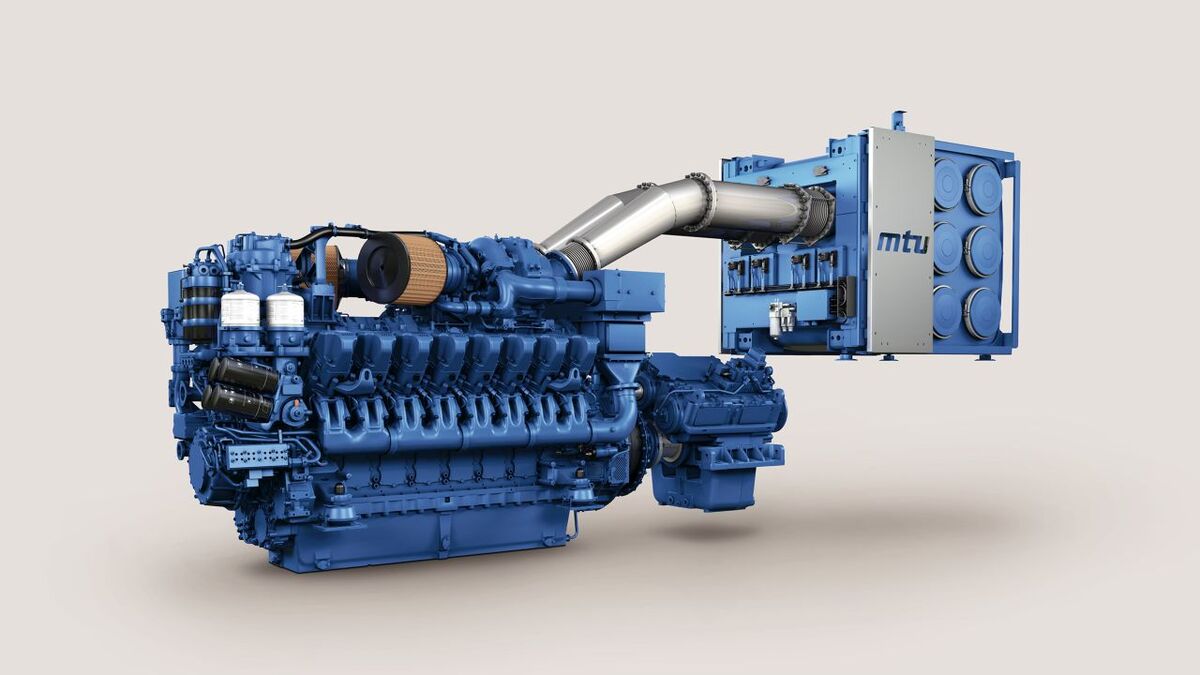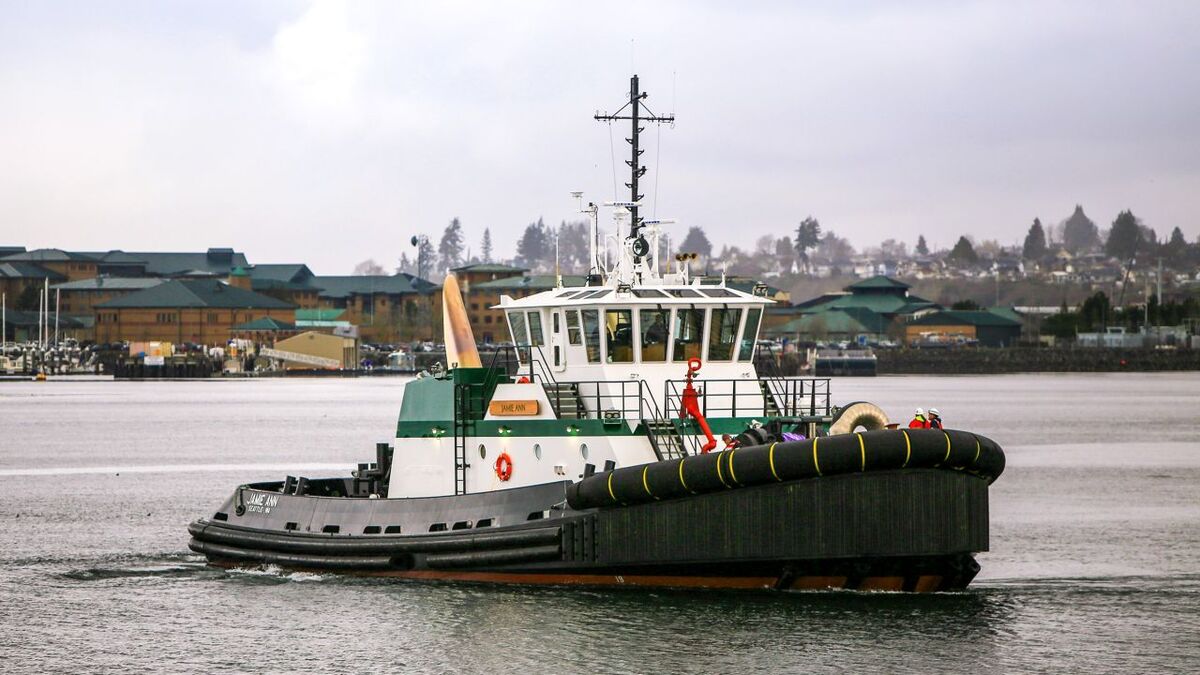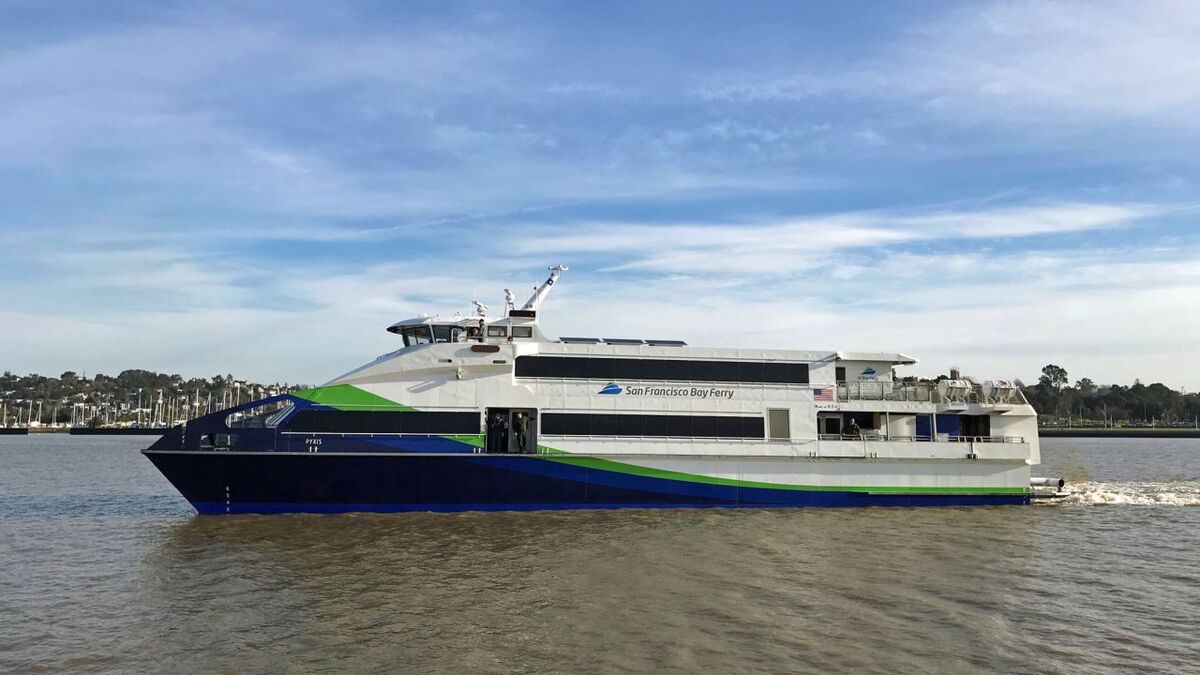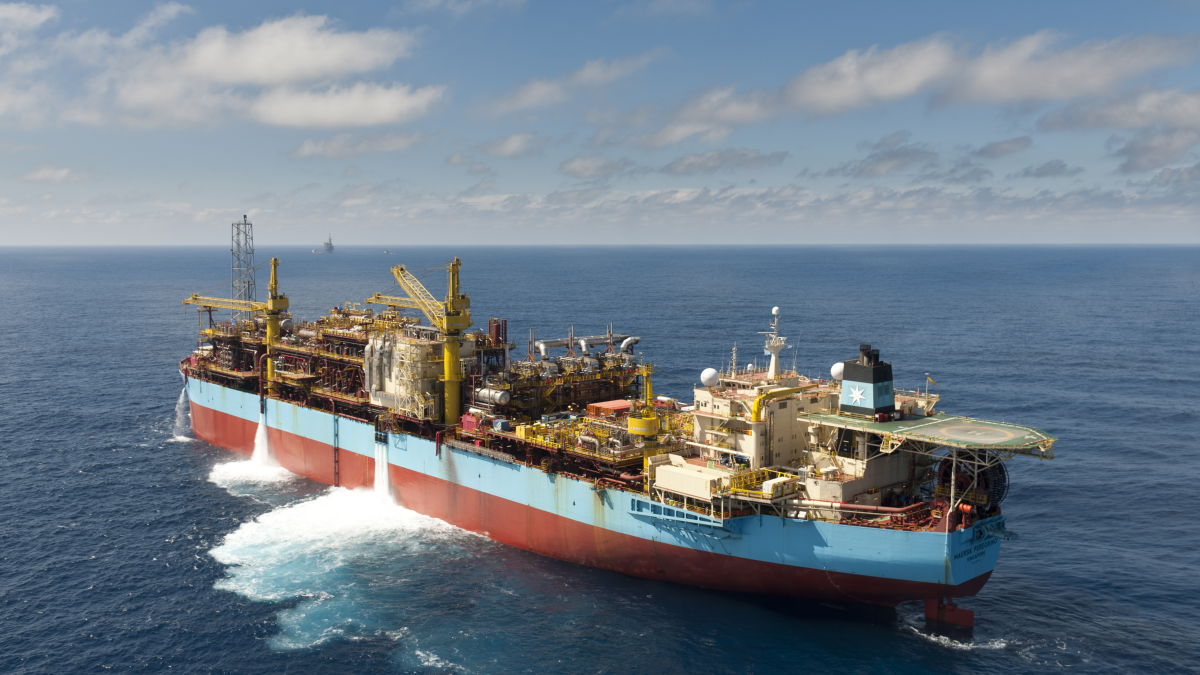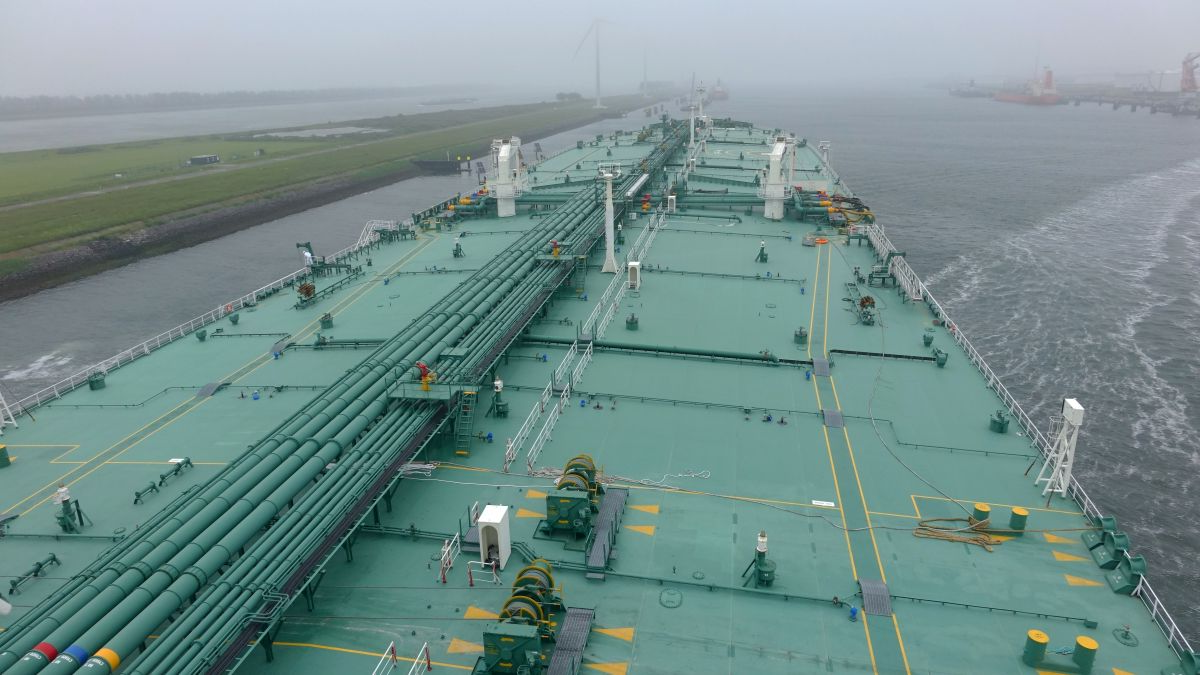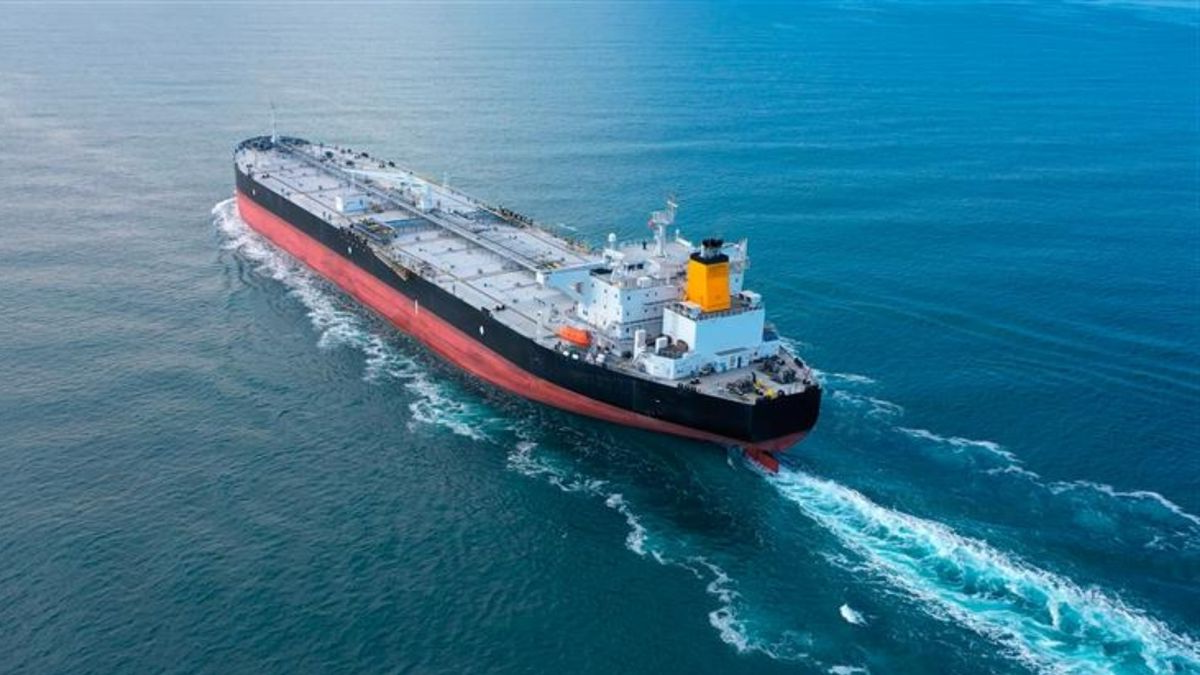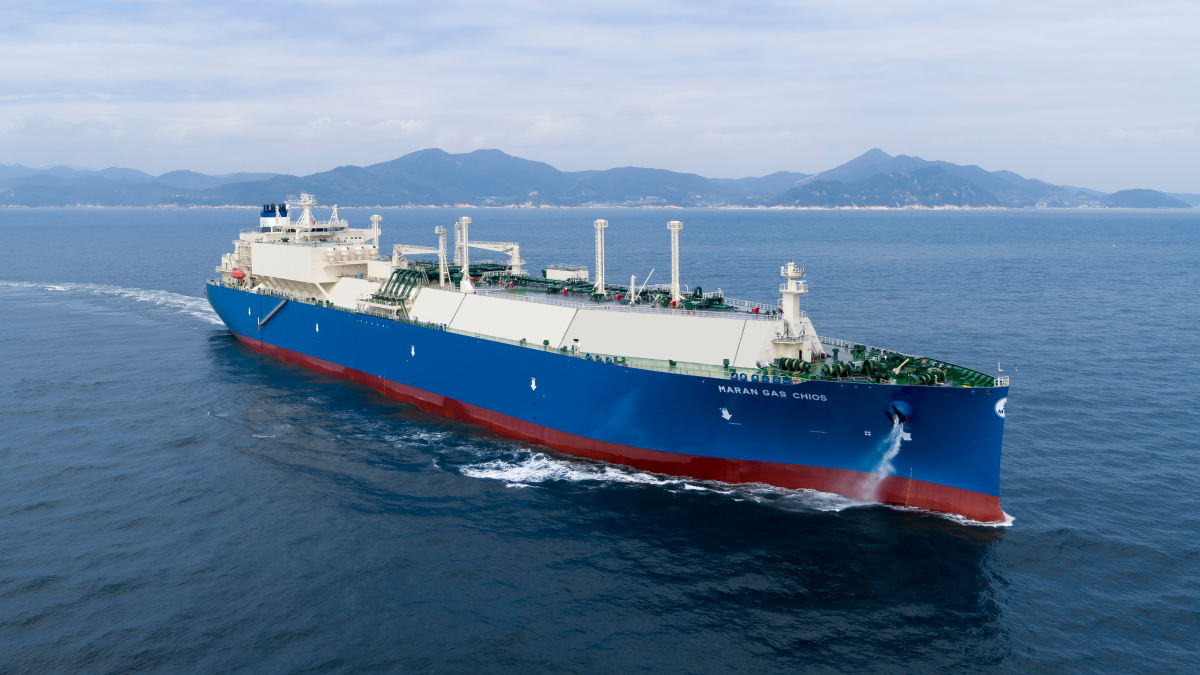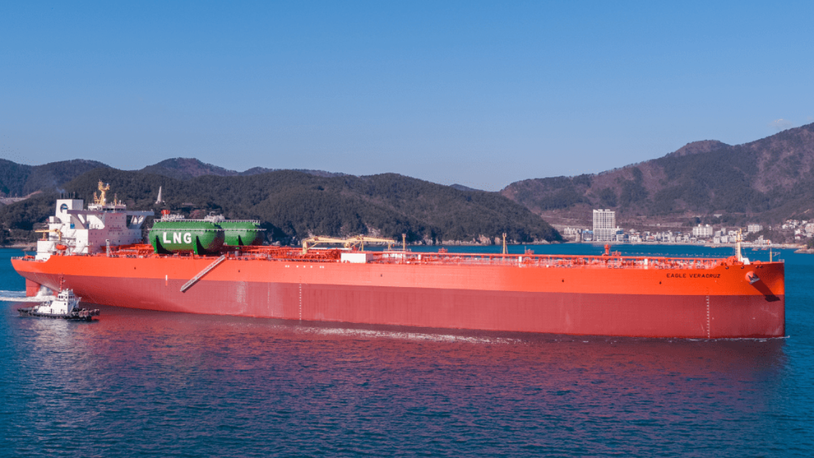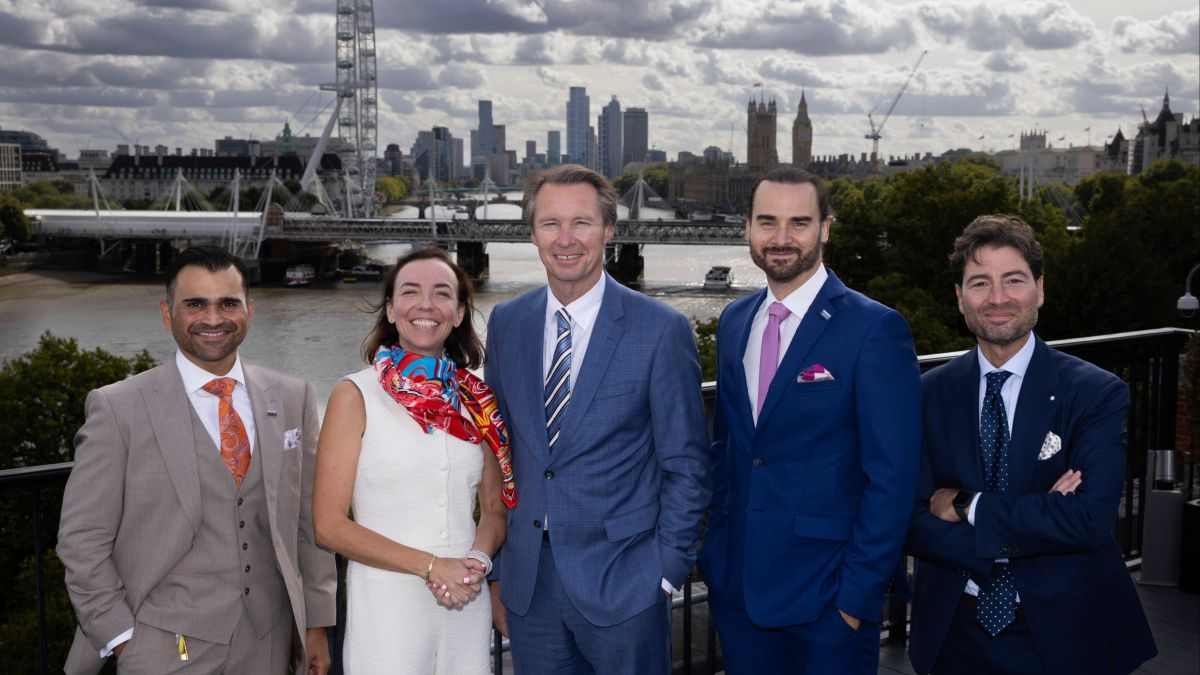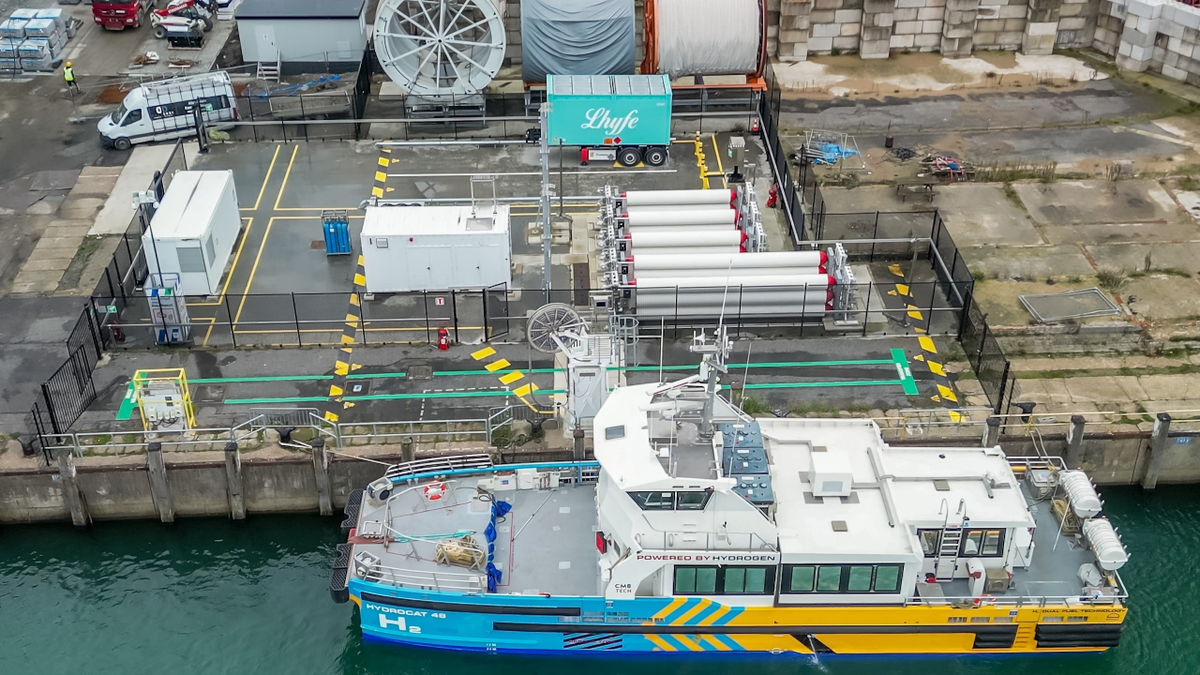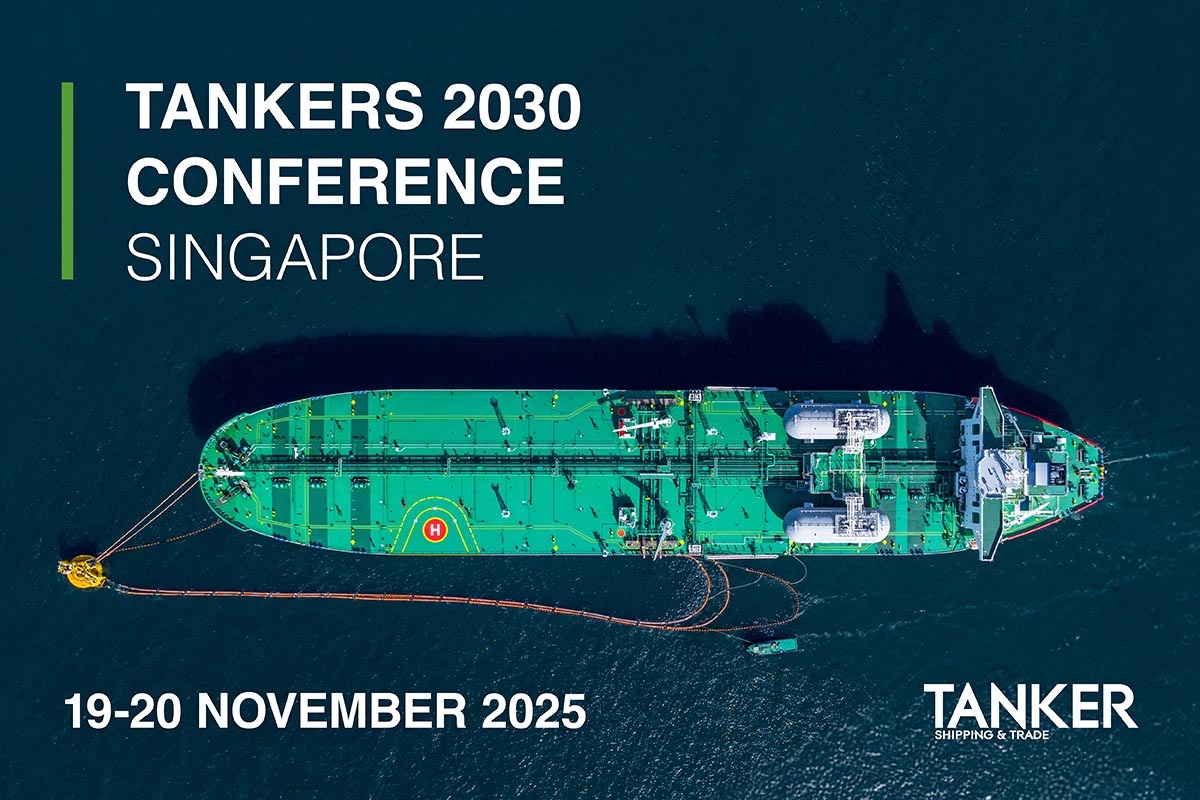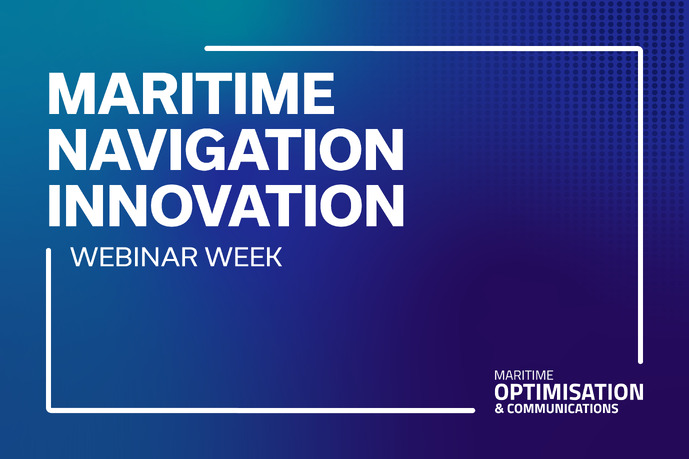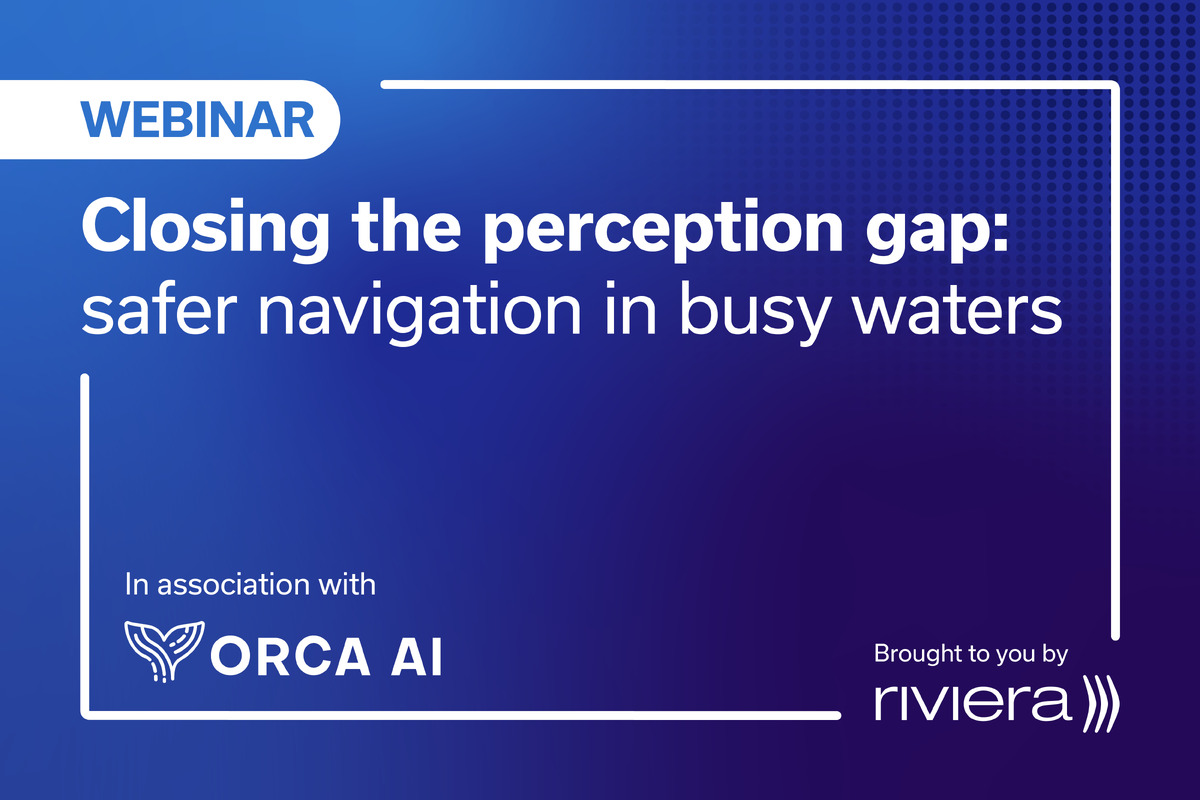Business Sectors
Contents
EPA gives Tier 4 certification to Rolls-Royce MTU marine propulsion systems
With some 10,000 test hours in tugboats and ferries, the diesel engines have been certified to meet US standards for lowered particulate and nitrogen oxide emissions
Rolls-Royce has received US Environmental Protection Agency (EPA) Tier 4 certification for MTU propulsion systems based on its Series 4000 M65L 16-cylinder diesel engines. EPA Tier 4 regulations require that propulsion systems demonstrate low particulate and nitrogen oxide emissions throughout a lifecycle.
Rolls-Royce said it tested its MTU propulsion systems, which include engines and SCR exhaust aftertreatment, during test bench runs over the course of some 10,000 hours of operation in ferries and tugs operated in the US by the San Francisco Water Emergency Transportation Authority (WETA) and Foss Maritime, respectively.
"Thanks to the great cooperation with our customers, we were able to collect the necessary data to reach this milestone. All voyages to date with the ... MTU propulsion systems have been satisfactory. Customers can rely on our engines," Rolls-Royce’s US head of marine sales Christof von Bank said.
The largest tug shipping company on the US’ west coast, Foss Maritime, has already commissioned three of four new tugs with EPA Tier 4-compliant field test MTU propulsion systems. They will escort the largest tankers and container ships calling at US ports in Los Angeles/Long Beach and San Francisco Bay and offer an 82-tonne bollard pull.
For heavy-duty workboats, Rolls-Royce increased engine power to up to 160 kilowatts per cylinder.
Rolls-Royce said it is working on EPA Tier 4 approval for additional cylinder variants of the MTU Series 4000 propulsion system and is gradually bringing them to market.
The company has sold the Series 4000 marine propulsion systems with international IMO III certificates since 2018 allowing vessels with the propulsion systems to operate in special emission control areas around the North American, Caribbean, North Sea and Baltic Sea coasts.
In passenger shipping, WETA is already operating three high-speed ferries in San Francisco Bay with the new MTU propulsion systems, testing their emissions performance. The 34-knot aluminum catamaran Pyxis, which entered service in 2019, was the first passenger ferry in the United States to field test the EPA Tier 4-compliant MTU engines.
Rolls-Royce said further developments in the engines’ turbocharging, combustion process and fuel injection, combined with the new MTU-SCR exhaust aftertreatment system, had reduced nitrogen oxide emissions by 75% compared to IMO Tier II requirements and particulate emissions by 65% compared to EPA Tier 3 requirements, without the use of a diesel particulate filter. Compared to the previous generation of engines, the new MTU series has reduced fuel consumption to as low as 190g/kWh and seen a corresponding drop in CO2 emissions.
Rolls-Royce financial picture during pandemic
Rolls-Royce plc garnered headlines after posting what it called "severe" losses in 2020, centred on the civil aviation side of the engine manufacturer’s business.
"Ensuring employee health while maintaining production so that customer orders can be fulfilled was one of the key challenges in this pandemic year," a Rolls-Royce statement said. "We managed this very well without having to stray off our chosen transformation path."
However, Rolls-Royce Power Systems CEO Andreas Schell said financial impacts from the pandemic under his branch of the company including marine and product brand MTU remain "under control".
Rolls-Royce’s Power Systems division ended the 2020 financial year with an underlying operating profit of £178M (US$247M), despite suffering a 17% drop in underlying revenue to £2.7Bn (US$3.5M). The figures correspond to an underlying operating margin of 6.5%. As a result, Power Systems, remained in the black during the 2020 pandemic year.
The Rolls-Royce statement said "Power Systems is taking advantage of the [pandemic] crisis to prepare for a shift in its business model towards integrated solutions for drive-power and energy needs in the post-Covid era – with special focus on sustainable, climate-friendly technologies. This is being aided by a reorganisation featuring special business units for ’Sustainable Power Solutions’ and for [Chinese markets] as well as investments in new technologies and site facilities."
Related to this Story
Events
International Bulk Shipping Conference 2025
Tankers 2030 Conference
Maritime Navigation Innovation Webinar Week
© 2024 Riviera Maritime Media Ltd.


